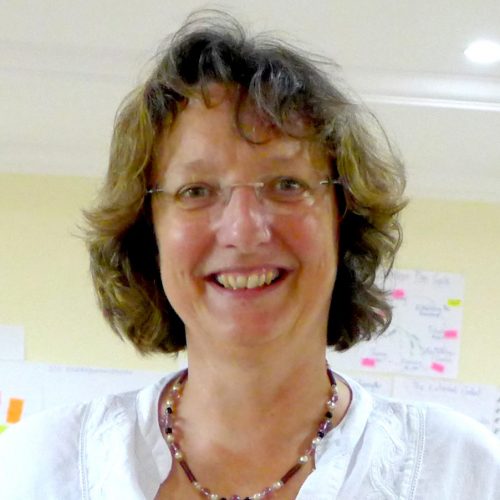Self assessment for small organisations
Swedish Mission Council's assessment tool
I was asked recently to run a workshop on self-assessment for members of the Humanitarian Centre in Cambridge. It was a great opportunity to re-think how self assessment works for smaller groups.
Most (though not all) of the members are smaller organisations run by students or volunteers, and the Humanitarian Centre acts as a hot house for them providing premises, meeting rooms, training opportunities and – importantly – a network of contacts. The centre is a hub for anyone involved in international development in the Cambridge area including academics, professionals, consultants and students looking for experience in developing countries.
About 8 people turned up for the session including Engineers Without Borders, Afrinspire and The Africa Science Truck Experience. All of the organisations had a strong volunteer base, some longer established, others just starting up. We started off by doing an impromptu self-assessment of us as a group and our capacities for organizing a successful party. This got us thinking about the key issues such as what’s the assessment for and how do we judge?
For the second part of the session I had brought along a range of self-assessment tools including PQASSO, Progressio’s tool, a tool from Swedish Mission Council and a Peace Corps assessment for partners. We spent half an hour looking through them and discussing which seemed most useful. We debated the pros and cons of scoring vs. scales describing what different capacities look like (e.g the Bond tool). We looked at different approaches and uses of each tool. Most people felt that the longer tools were very off-putting – even PQASSO which is designed for small organisations. Although descriptions of capacity were helpful, they preferred having fewer criteria to assess again. And several people made the point that using these tools with African partners would need a different approach – the tool with a questions and discussion format would get people more engaged.
It made me wonder whether there is scope for looking again at organizational self-assessment frameworks for smaller or newer organisations. I was left with several questions in my mind: what kind of tool would be useful to a group just setting up an organisation? how could tools be better tailored to different cultures? what would it take to make a tool more approachable?

